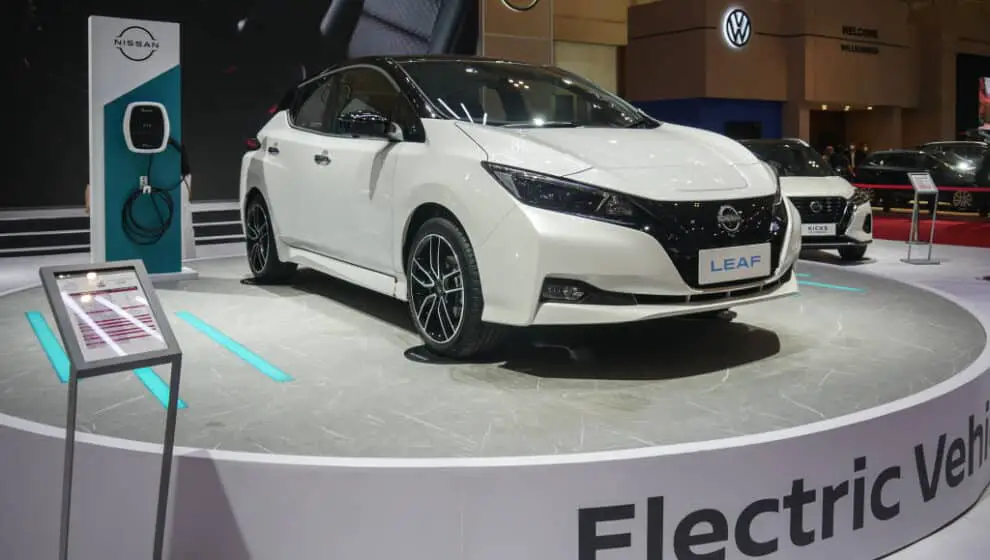The IRS has released a list of electric vehicles (EVs) that may qualify for up to $7,500 in tax credits from the Reflation Reduction Act.
Key Details
- Not all EVs qualify for the tax credit, and other rules affect qualifications as well, including income.
- The credit is limited to individuals with a gross income of $150,00 or less, $225,000 for a head of household, and $300,000 for married couple’s joint filing.
- The price and where a vehicle was assembled also affect the cost as the government wants to keep the vehicles at a certain price point and have them manufactured in the U.S.
Why it’s news
As the new year comes in, so do the tax credits for EVs, but only certain vehicles apply for the $7,500 credit, and the IRS has released a list detailing what cars are eligible.
The credits will begin rolling out and more rules and stipulations could come in the future, but for now the IRS has released a list of what cars will be able to use the tax credit of up to $7,500.
The list of cars is subject to change, but for now, these are the cars eligible:
- 2023 Audi Q5 TFSI e Quattro PHEV $80,000
- 2021-2023 BMW 330e $55,000
- 2021-2023 BMW x5 eDrive 45e $80,000
- 2022-2023 Ford Escape PHEV $80,000
- 2022-2023 Ford E-Transit $80,000
- 2022-2023 Ford F-150 Lightning $80,000
- 2022-2023 Ford Mustang Mach-E $55,000
- 2022-2023 Lincoln Aviator Grand Touring $80,000
- 2022-2023 Licoldn Corsair Grand Touring $55,000
- 2022-2023 Chevrolet Bolt EV $55,000
- 2022-2023 Chevrolet Bolt EUV $55,000
- 2022-2023 Cadillac Lyriq $55,000
- 2021-2023 Nissan Leaf $55,000
- 2022-2023 Rivian R1S $80,000
- 2022-2023 RIvian R1t $80,000
- 2022-2023 Chrysler Pacifica PHEV $80,000
- 2022-2023 Jeep Wrangler 4xe $80,000
- 2022-2023 Jeep Grand Cherokee 4xe $80,000
- 2022-2023 Tesla Model 3 $55,000
- 2022-2023 Tesla Model Y 7-Seat Variant $80,000
- 2023 Volkswagen ID.4 $55,000
- 2022 Volvo S60 PHEV $55,000
